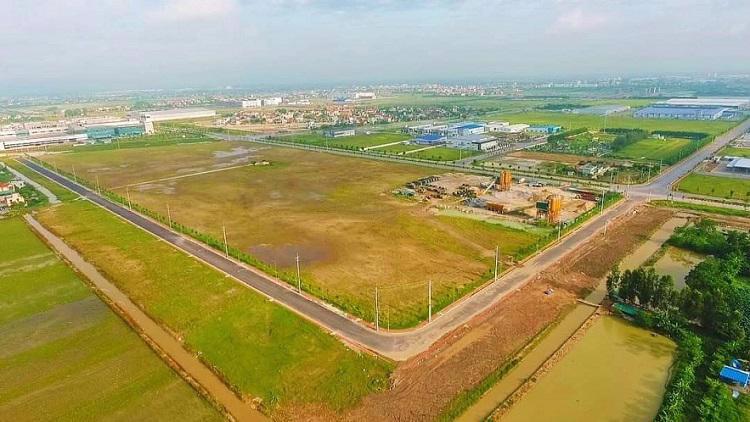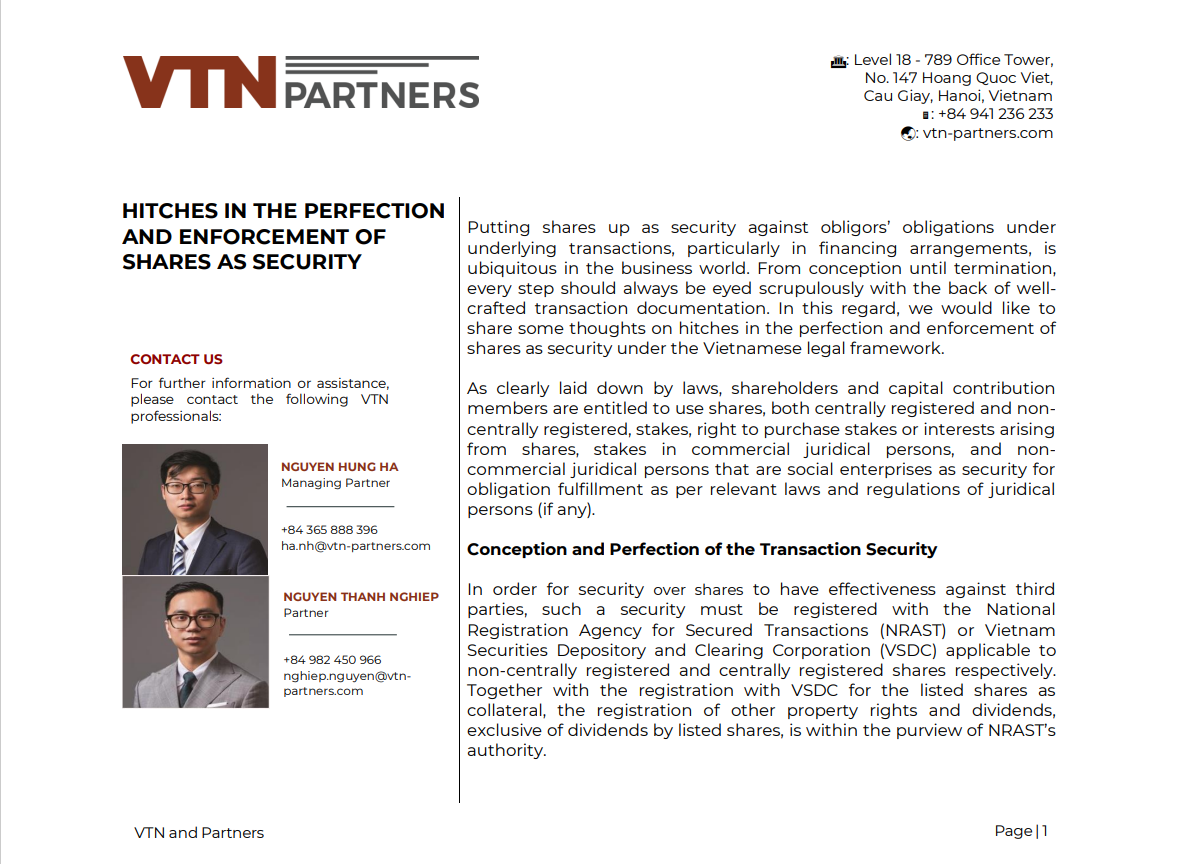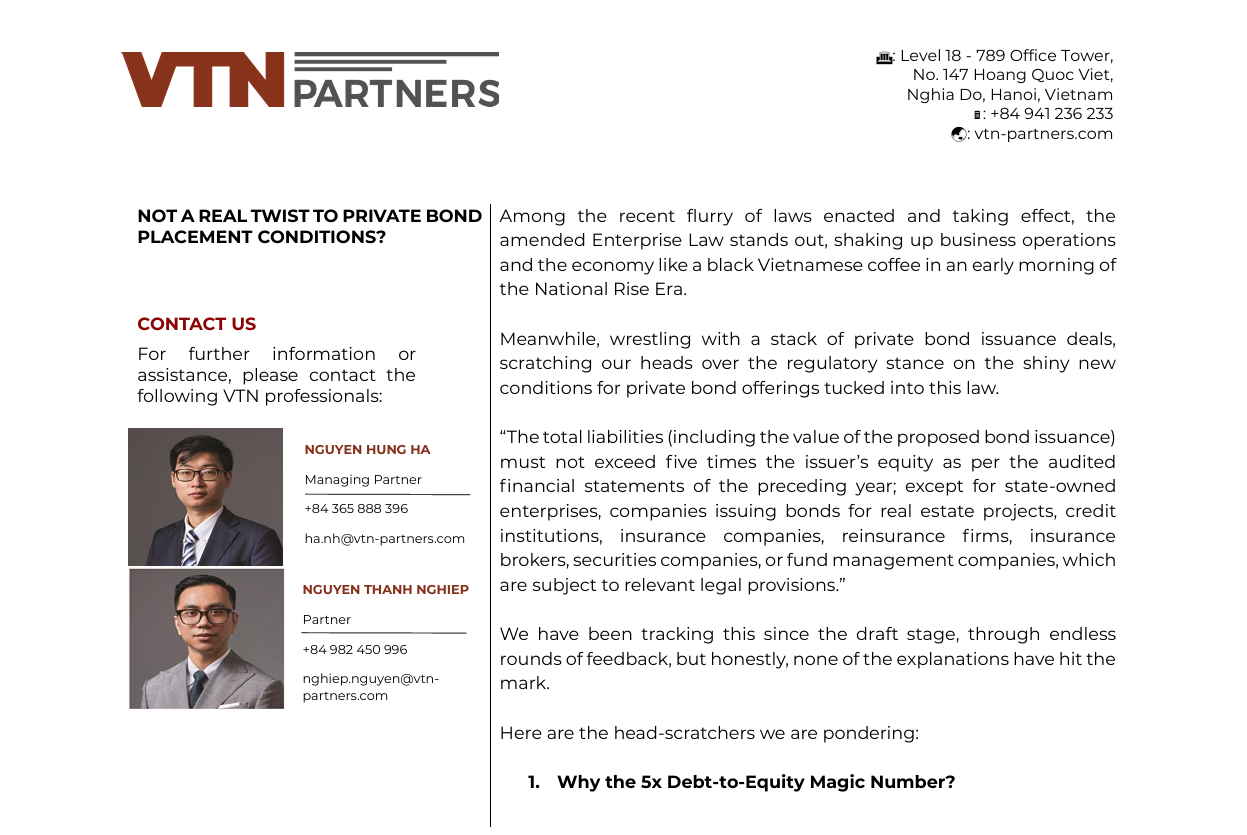In recent years, Vietnam’s real estate has witnessed a remarkable increase in price, especially in major urban centers. Real estate speculation and soaring land and housing prices made it impossible for the average income earner to own a property. According to recommendations by the International Monetary Fund (IMF), if a person with average earnings requires over 30 years of wages to purchase an apartment, it is a sign of a housing “bubble.” In Vietnam, the current estimates are approximately 60 years of income, or more.
Data from the National Statistical Office’s press release on labor and employment for Q1/2025 indicates that the average monthly income is around VND 8.3 million. Meanwhile, listings from major property platforms reveal that mid-range apartments are priced at VND 50–70 million/m², land prices range from VND 100–300 million/m², and in central metropolitan areas, they can reach VND 600 million to over VND 1 billion/m². These figures reveal a growing disconnect between earnings and housing affordability.
Recognizing these challenges, Vietnam’s governing bodies have established clear directives regarding taxation policies on land, housing, and real estate. These policies reflect strategic efforts not only to manage land resources efficiently but also to refine the tax system, stabilize the market, and promote social equity.
Specifically, the Politburo’s Resolution No. 06/NQ-TW (2022) calls for research and reform of taxes and fees relating to real estate, aimed at encouraging effective land and housing utilization. Similarly, National Assembly Resolution No. 62/2022/QH15 requests a review and modernization of tax laws governing real estate transactions—to reduce revenue loss while safeguarding the legitimate rights of citizens and enterprises.
In response, the Ministry of Finance (MOF) has released a draft law to revise the Personal Income Tax (PIT) framework. This draft aims to broaden the tax base in line with Vietnam’s socio-economic development goals. It also supports broader government objectives: attracting high-tech talent, fostering green growth, advancing sustainability, simplifying administrative procedures, and resolving deficiencies in the current PIT Law. The draft is currently being consulted for constructive comments, in which one issue that is receiving public attention and interest is the personal income tax on real estate transfer.
- Taxation based on actual income on real estate transfer
Under the proposed draft, PIT would be calculated on net income earned from each real estate transaction rather than the declared sales price. Currently, the PIT Law applies 2% tax on the sale price per transaction, regardless of profit or loss. However, the MOF notes that there are opinions on this method that it fails to reflect the economic substance of the transaction. Taxation on transfer value does not ensure fairness when the seller breaks even or loses, but still has to pay the same tax as the person with large profits. In addition, taxing sales prices causes dual price declarations to reduce tax liabilities, distorting the market and reducing fiscal revenues.
The draft law proposes a 20% tax on net income, calculated as: Net income = Sale price − Purchase price − Related expenses
This option is expected to yield a fiscal impact similar to the current 2% rate, but with greater fairness—especially for sellers with low profit margins or losses. The more gains, the higher the tax, correcting the imbalance inherent in the current flat rate system.
Notably, the scope is expanded to include off-plan properties. If an individual transfers rights under a property purchase contract before handover, PIT would also apply based on net income, rather than a 2% levy on the declared sales value. This provision better aligns with Vietnamese market practices, where many transfers occur before the construction completion or title establishment.
- Tax Based on Holding Period
In accordance with Resolution No. 18/NQ-TW (16/6/2022), Prime Minister’s Directive No. 03/CĐ-TTg (15/01/2025), and Government Office’s Notification No. 294/TB-VPCP (09/06/2025), the draft PIT Law proposes a tax scheme tied to asset holding duration. The goal is to limit short-term speculation, mitigate market manipulation, and increase transaction costs for real estate “flipping.”
For transactions where the purchase price or cost basis cannot be verified, PIT would be calculated as: Tax = Sale price × Holding period-based rate, defined as:
- Under 2 years: 10%
- 2 – under 5 years: 6%
- 5 – under 10 years: 4%
- Over 10 years or inherited property: 2%
This framework imposes financial disincentives on speculative investors, incentivizes long-term ownership, encourages more productive land use, and promotes market stability.
Many countries apply real estate tax rates based on holding period and transaction frequency, for instance:
- In Taiwan: 15% if sold within year 1; 10% in the next year
- In Malaysia: 30% if sold within 3 years; 20% (3–4 years); 15% (4–5 years)
- In Singapore: Up to 100% tax on gains if sold in the first year; 50% in the second year and 25% in the third year.
- In USA – San Francisco: Transfer tax of 24% in the 1st year; declining to 14% by year 5.
- From Policy Proposal to Implementation Readiness
While taxation based on holding period may be novel in Vietnam, the 20% income-based PIT model is not a completely new calculation method. Under Law No. 04/2007/QH12, Vietnam previously applied a 25% PIT on net income from real estate transactions. However, due to technological limitations and missing transaction data (e.g., invoices, purchase records), the amended law in 2013 shifted to a simpler 2% tax on declared sale price.
To adopt the income-based tax model effectively, a prerequisite is the development of a robust digital infrastructure. Each property must be digitized with records of purchase price, sale price, transaction date, transfer history, and declared value. Land pricing databases also require timely updates to reflect market conditions and avoid outdated databases. Integrating bank account numbers with national ID codes is also needed, enforcing mandatory bank transfers for real estate purchases, and linking with platforms such as VneID to monitor cash flows. These solutions help combat collusion between buyers/sellers and notaries who may under-declare prices to evade tax. If the data infrastructure is not synchronized, it will be difficult to compare the transaction information, also lead to incorrect tax calculation, causing loss of trust among the people.







